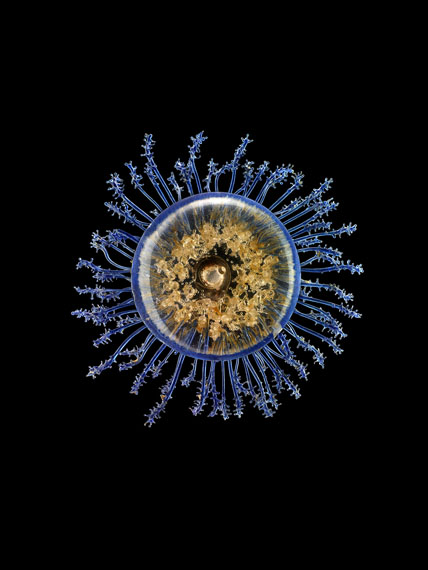
Guido Mocafico »
Blaschka
Exhibition: 18 Mar – 24 May 2016
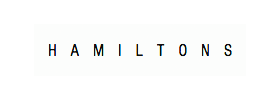
Hamiltons
13 Carlos Place
W1K 2EU London
+44 (0)20-74999494
art@hamiltonsgallery.com
www.hamiltonsgallery.com
Mon-Fri 10-18, Sat 11-16

GUIDO MOCAFICO
"Blaschka"
Exhibition: 18 March – 24 May 2016
Italian still life photographer Guido Mocafico’s fascination with Leopold and his son Rudolf Blaschka’s glass models of marine invertebrates and plants is revealed in his most recent series Blaschka. It has been Mocafico’s longstanding dream to photograph these masterpieces that took Leopold (1822-1895) and Rudolf (1857-1939) Blaschka a lifetime to create, and to pay homage to their unparalleled dedication to their craft with his photographs.
Originally from Bohemia, but based in Dresden, the Blaschkas were glassmakers working from the mid-1800s until the 1930s. The masterpieces, created over both their lifetimes, are handmade out of clear, coloured and painted glass and still exist in several museum collections, including Harvard University (Cambridge, Massachusetts), the Corning Museum of Glass/Cornell University and the Natural History Museums in London and Dublin, amongst others.
The Blaschka family made their objects of invertebrate animals (jellyfish, snails, sea anemones, corals, hidroids, starfish, sea-cucumbers, squid, seaslugs and bivalves) and plants only on commission for the study purposes of institutions at the time, mainly in Europe and North America, and they were not sold to the general public.
It has been a difficult process for Mocafico to gain the authorization to photograph the objects; most museums do not display the models and they are extremely fragile. Mocafico pursued the largest Blaschka marine invertebrate collections in Europe (London, Liege, Strasbourg, Utrecht, Vienna, Dublin, Geneva) in order to have the most complete approach to the subject, and eventually was granted access by the museums’ curators to photograph the "hidden treasures" in his own unique style. The result is similar to that of his Nature Morte series – we question what we witness: a photograph, a painting, the object itself or a product of our imagination?
Mocafico has become recognised as a contemporary master of still life. His interest in this most classic of art forms started early whilst studying photography at Vevey School in Switzerland. He initially focused on commercial and advertising projects for brands such as Chanel, Clinique, Dior, Gucci, Armani and YSL. His images have been published in numerous magazines over the years including Vogue US, Vogue France,
Men’s Vogue, Harpers Bazaar, The Face, and Wallpaper, amongst others.
�
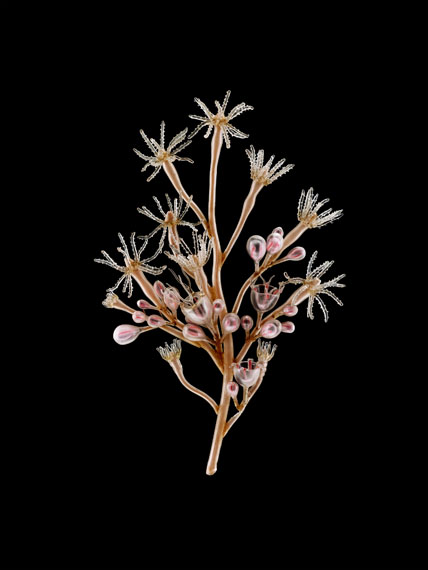
Approximately twenty years ago Mocafico began to develop personal projects, separate from his commercial accomplishments; these resulted from his personal passions. He explored his chosen themes deeply, first with research, to gain an in-depth understanding of his subjects. Only then was he prepared to embark on the creative process, which has resulted in beautiful and intriguing images. Subject topics are varied and copious: in architecture, with his series Brasilia/Beirut; Medusa, jellyfish; Serpens, snakes; Aranea, spiders; Guns and Roses; Movement, fine watches; Nature Morte, banquets and floral arrangements, an interpretation of Dutch Still Life, and most recently Blaschka.
Mocafico is exclusively represented by Hamiltons Gallery; his work has been exhibited internationally since 1999, including venues in London, Paris, Munich and Tokyo. Various books have been published comprising his personal projects: Venenum (2005) (A trilogy of Medusa, Serpens and Aranea printed in a limited edition of 1200); Medusa (2006); Serpens (2007); Movement (2008) and most recently Stilleven (2012), published by Steidl.
"What I thought would be one years work… has become an obsession, which is the attitude the Blaschka’s had in their work. We must not forget they spent 30-50 years each of their lifetimes, day and night, creating glass models. So for them the commitment was just unbelievable. I am not scared to face that kind of long term job because it is like a homage to the Blaschka’s." (Guido Mocafico)
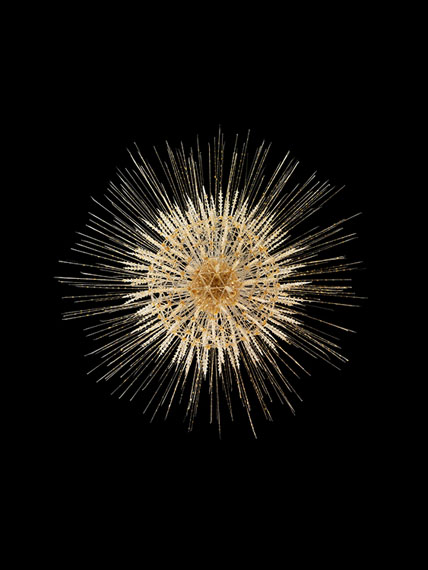
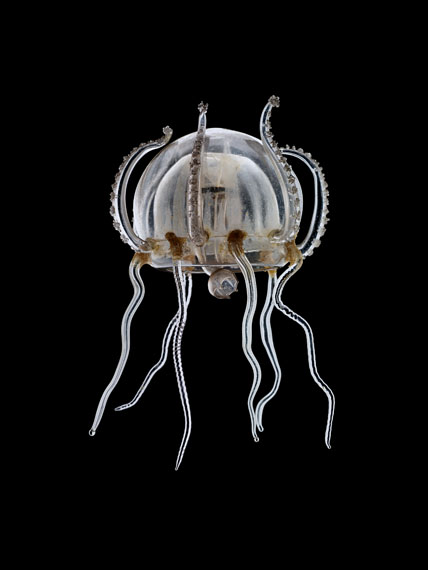

Leopold and Rudolf Blaschka, Octopus vulgaris, 2013 © Guido Mocafico, courtesy of the Natural History Museum of London